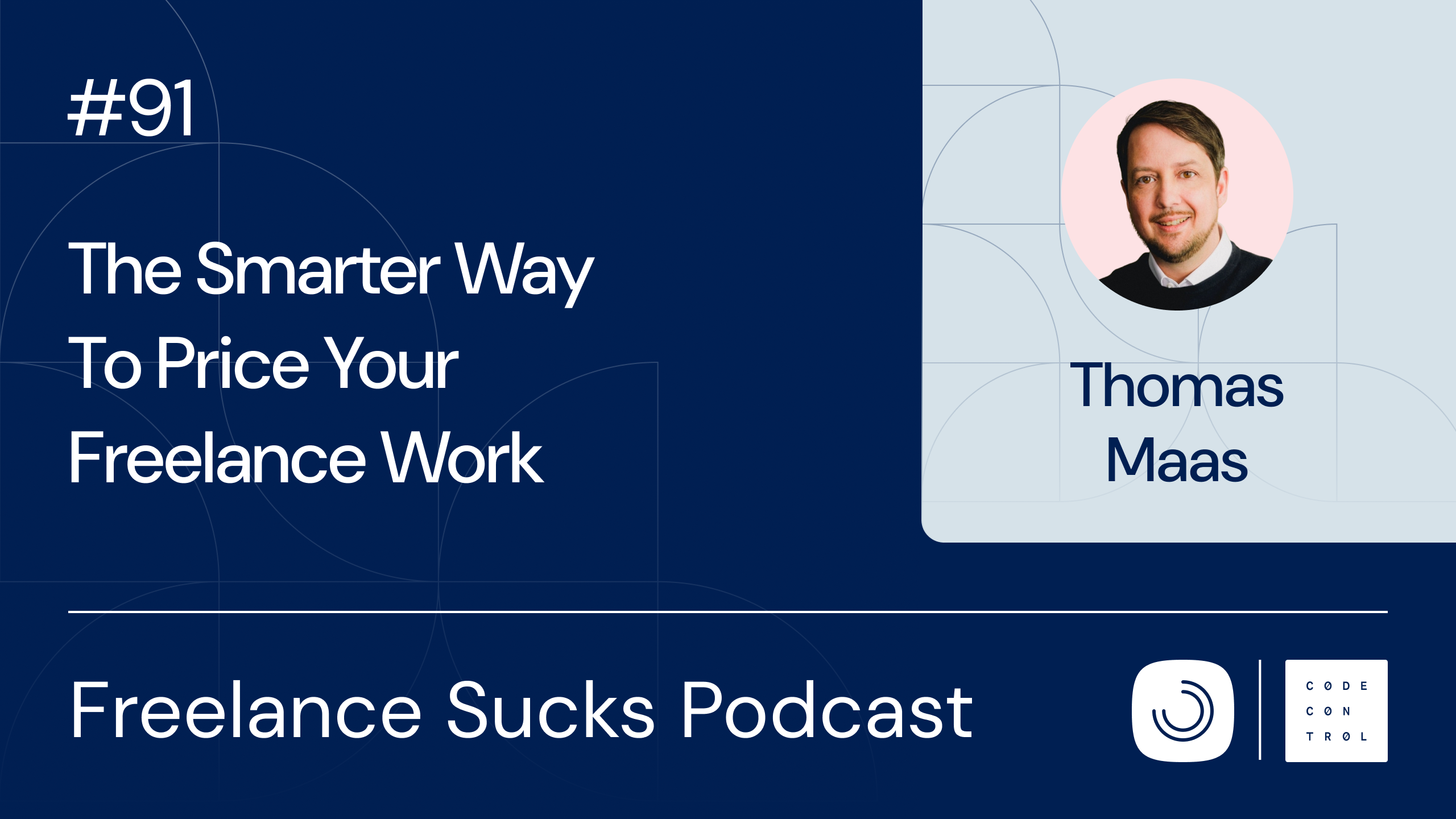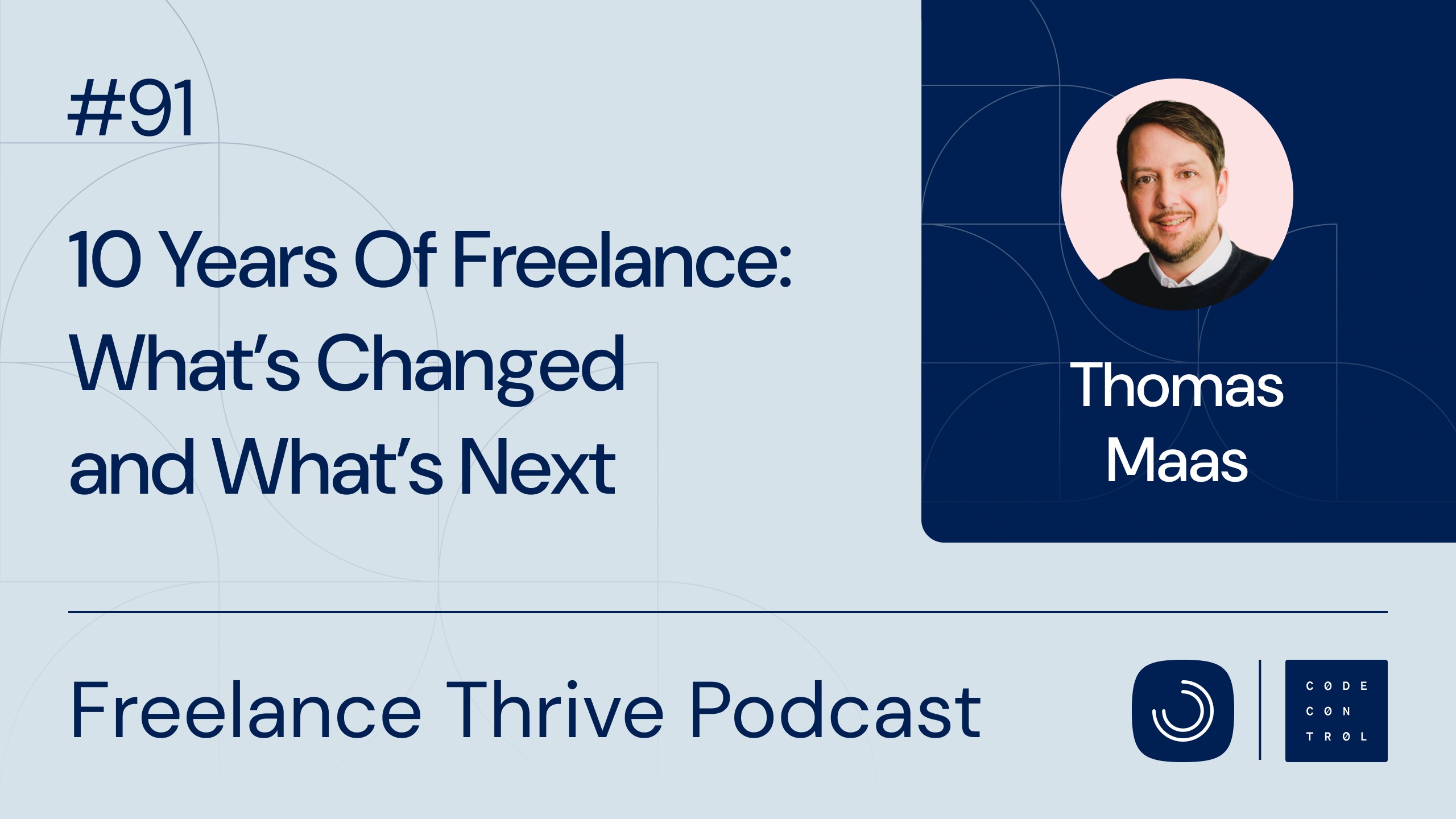You've been thinking about starting out as a freelancer for a while, but so far you haven't had the motivation to take the final step? No matter what your personal situation looks like: These 5 reasons clearly speak for self-employment.
1. Flexibility
Many companies have been rethinking their company culture as a result of the pandemic and now offer their teams the option of working from home or on the road whenever they want. Working hours have also often become more flexible and can be better adapted to your own wishes and needs. However, you only have full flexibility as a freelancer.
You decide for yourself how many days per week or hours per day you want to work. If necessary, even spontaneously. The only external obligations are the deadlines with your clients. How you meet them is up to you. You prefer to work early in the morning or only really get going in the evening? No problem. You want a day off in the middle of the week to do sports or spend more time with your family? You set the rules.
Many freelancers no longer want to give up the freedom to choose where they work. The home office, a nice coworking space or the terrace of your accommodation in the Canary Islands - as long as you have a stable internet connection there, the decision is entirely yours.
2. Higher income
As a freelancer, you have to pay for your own health insurance, and you are also responsible for your own pension plan. Nevertheless, you can earn significantly more than as an employee. You determine your own fees to a large extent. Of course, you also have to find clients who are willing to pay these prices. However, this should not be a problem, especially if you specialize in fields with high demand or in areas that are particularly affected by the shortage of skilled workers.
In addition, it is easier to increase your fees. You don't have to wait a long time for a salary increase and then have tough negotiations with your superiors. Instead, you have the opportunity to adjust your prices with each new client. With a lot of experience and efficient work, you can even achieve a higher turnover with less work. If your customers are paying you for results, and you're achieving them faster, all the better for you.
Another plus with a positive impact on your income: Some costs, for example, for attending training courses or buying books, can be deducted from your taxable income as business expenses. In this way, you reduce your taxable income with expenses that you would have paid privately as an employee.
If you want to become a freelancer, we've got a complete checklist to help you.
3. Variety in your activities
Of course, there are also very varied permanent jobs. But often employees complain about monotonous activities in a clearly limited area. As a freelancer, your everyday life is automatically varied: in addition to your customer projects, you also deal with accounting, customer acquisition and much more. Since you work for different clients, the content of your projects also varies. And if you get bored at some point, you can expand or change your offer.
4. Higher motivation
As a freelancer, you work for yourself. Your profit is all yours and by doing more and better work you can increase it significantly. This is motivating. In addition, you become self-employed with the activity that suits you the most and that you are really good at. This almost guarantees higher motivation, because you simply have more fun at work - great for your work-life balance.
The spatial and temporal flexibility is also a big motivation booster for many freelancers and one of the reasons for their self-employment: With a nice view it is immediately much better to work, and when you can arrange the working hours according to your own preferences, you become more productive. As a freelancer, some demotivating factors from the outside also fall away, for example a pedantic boss or unmotivated colleagues. If working with a client gets on your nerves, you can end it. However, if you are employed and dissatisfied, the only alternative is often to quit.
5. Faster development
As a freelancer, you have more space and time to learn new skills and develop yourself. For example, you can sign up for an online course without having to ask a supervisor for permission. And you can create space in your everyday life to do so, because you define your own working hours. In addition, many freelancers gain more experience through their various projects in a shorter period of time than most employees. With each assignment, they learn something new and expand their portfolio a bit.
You want to start out as a freelancer? Check out 9am and learn how we can support you on your freelance journey - for free.





